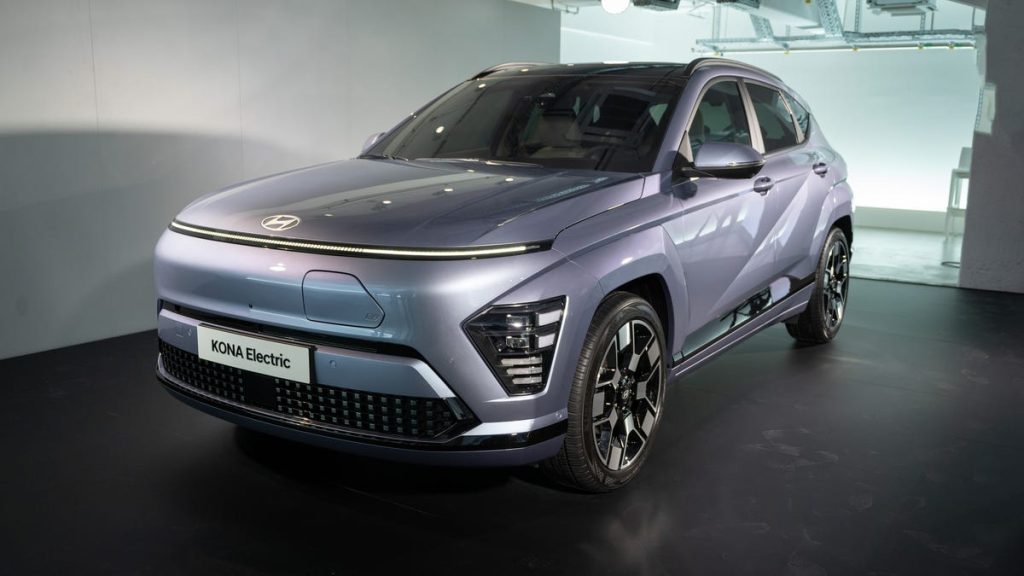Electric vehicles (EVs) are becoming more affordable every year, with the cost to purchase an EV now comparable to that of a gas-powered vehicle. However, debates on social media platforms like Reddit continue to compare the total cost of ownership of EVs versus internal combustion engine (ICE) vehicles. One factor that scares away potential EV buyers is the cost of replacing the battery. According to experts, a new EV battery can cost between $10,000 and $20,000, but advancements in battery technology mean that most EV owners will likely not need to replace their batteries during the lifetime of the vehicle. Best practices, such as avoiding fast charging and extreme temperatures, can help extend the life of an EV battery.
The lifespan of EV batteries has increased significantly in recent years, with most car manufacturers offering warranties of up to 8 years or 150,000 miles. As the industry standard shifts towards longer-lasting batteries, it becomes less likely that an EV owner will need to replace their battery before upgrading their vehicle. Factors such as proper battery maintenance and the average lifespan of a car on US roads (12.6 years) contribute to the likelihood of EV owners not needing a battery replacement. While the cost of replacing a battery is a factor to consider when buying a used EV, incentives and lower prices for pre-owned EVs can offset the potential cost.
The cost of EV batteries has decreased over time, with the cost per kilowatt-hour dropping significantly from $1,355 in 2008 to $153 in 2022. Industry trends suggest that the idea of replacing an EV battery may eventually become obsolete, with batteries being designed to last the entire lifetime of the vehicle. Factors such as the make and model of the EV, battery size, labor costs, and battery recycling contribute to the overall replacement cost. Manufacturers and dealers also need to make a profit on replacement batteries, further increasing the cost.
When evaluating the cost-effectiveness of EVs versus gas-powered vehicles, factors such as initial purchase price, fueling costs, maintenance, and potential battery replacement costs need to be considered. Despite the possibility of needing to replace the EV battery, the lifetime cost of an EV is likely to be cheaper than that of an ICE vehicle. Electric cars require less maintenance than ICE vehicles, as they do not require oil changes and experience less wear and tear on brakes. With incentives and discounts available for EV buyers, industry experts believe that EVs are still a worthwhile investment.
In terms of insurance coverage, traditional car insurance policies may not cover the cost of replacing an EV battery, but some insurers offer policies specifically for electric vehicles. Additionally, EV battery warranties vary by manufacturer, with some requiring the battery to fail completely before replacement and others covering replacement if the capacity falls below a certain percentage. Overall, the increasing affordability and benefits of EV ownership outweigh potential concerns about battery replacement costs.


